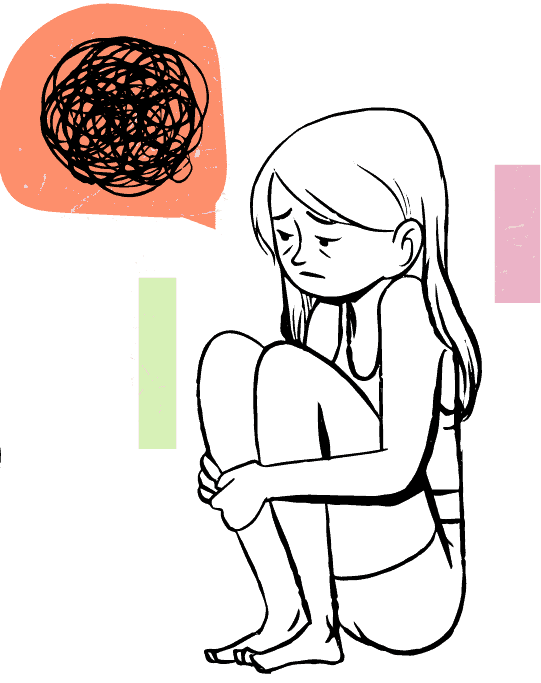As an Asian-American adoptee, I thought it’d be fitting to dive a little deeper into complex trauma – a more intricate form of trauma that every adoptee has.
Before we get into each, I want to clarify one thing. Everyone experiences trauma differently, and there is no “correct” way or amount of time to recover from a traumatic event. Some people who experience trauma may not have adverse reactions like PTSD or CPTSD, while others may have severe reactions. There are many factors that are involved in each individual that affects their response to trauma.
What is Complex Trauma, or ACEs – aka Adverse Childhood Experiences
Complex trauma, is defined as the exposure to varied or multiple traumatic events over a longer period of time, during the ages 0-18 years. ACEs are also defined as Childhood Trauma. It involves both the traumatic event and the difficulties that result from trying to survive or cope from the experience(s).
The trauma always comes from someone in a position of power or authority over you, i.e., parent or care taker, where it makes the child feel unsafe and unable to relax. A child whose basic hierarchy of needs aren’t met, like physical and emotional safety, is what creates the complex trauma.

For me, I remember growing up and feeling frustrated from emotions I couldn’t articulate, even in high school. Trauma from adoption starts at birth for the child. I can now see as an adult and working through my past trauma, how it affected my ability to articulate my thoughts and emotions. That’s probably why it’s all coming out now in this blog lol.
Long Term Effects of Complex Trauma
Complex trauma changes the actual physiology of your brain and how it functions, and greatly raises your risk of health problems. It weakens your immune system, motor functions, social skills, cognitive function, and overall learning ability. About 1 in 8 people have experienced at least 1 ACE, and trauma does not discriminate! They are equally prevalent in every race, ethnicity, every income group.
Experiencing 4 or more ACE’s (or traumas), significantly raises your chances of dying from the one of the 7 leading causes of death, by alarming numbers!

- 2x higher risk of Heart Disease
- 2.5x higher risk for Stroke
- 4x higher for COPD
- 1.6x higher for Diabetes
- 4.2% higher for Alzheimer’s
- 2x higher for Cancer
- 12x higher for Suicide
- **6 or more ACEs decreases your life expectancy up to 20 years!
Also linked to:
- Addiction/alcoholism
- ADD/ADHD, depression, severe anxiety, OCD, BPD & other mood disorders
- Relationship problems
- Stress related physical ailments like allergies, and auto-immune deficiencies & disorders
- Early sex and pregnancy
- Coping problems
- People with 4 or more ACEs, are more likely to be living in poverty compared to others with no ACEs.
- 90% of addicts grew up with complex trauma
What to do if you have complex trauma or CPTSD
The most important thing to know about trauma, in my opinion, is that you can heal your brain after trauma. It takes time and commitment to break down your boundaries, rehash your past, and heal from complex trauma, but it is well worth the process in the long run!
For me, I found practicing EMDR, and CBT/DBT training with my therapist to be very helpful. Also, finding the correct therapist with a background in trauma, or someone who is well versed in it, made a huge difference in my healing process.
Committing to healing from complex trauma can vastly improve every cell in your body, and increase your life’s longevity. And if complex trauma goes unresolved, it will continue to affect your body in different ways. It is of utmost importance that trauma is identified as early as possible, especially when experienced in childhood. Also, the younger you experience trauma, the worse your adverse effects will be long term.

You can also check out one of my fave psych professionals out there, that plays by his own rules in the industry – Dr. Amen.
- Yes – because he’s the only psych professional that scans and looks at your actual brain before treating you.
- No – not because he’s a famous doc for celebrities
- I just like to pass any helpful information I can
If you think you’ve experienced trauma, you are not alone! Everyone has experienced one trauma in their lifetime, *cough* like 3 years a go *cough*. It’s easy to get hard on yourself when dealing with mental health issues, remember to give yourself some grace. ♥

